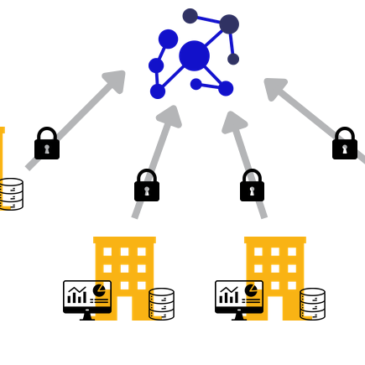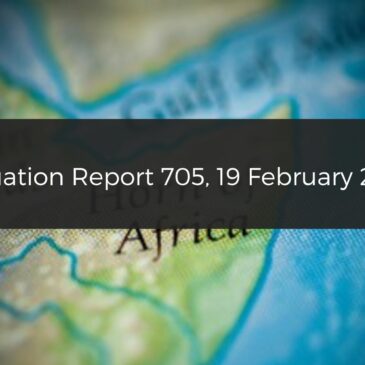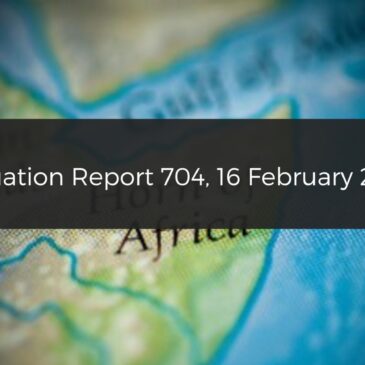Empowering Humanitarian and Health Efforts through Innovative FAIR Data Applications
EEPA has worked together with humanitarian and health practitioners and students from Leiden University to develop applications that directly tackle pressing humanitarian data challenges. This initiative generated actionable solutions that can make meaningful differences for persons and organisations dealing with highly sensitive data. Working closely with practitioners in the field, operational data applications were designed specifically tailored to sensitive humanitarian and health data needs.
Situation Report: Ethiopia-Eritrea troop buildup sparks renewed war fears; “hallmarks of genocide” found in El Fasher; Systematic human rights violations in Libya
SITUATION REPORT – HORN OF AFRICA & NEWS HIGHLIGHTS
No. 705 – 19 February 2026
Situation Report: UN accuses RSF of war crimes; 39th AU Summit in Ethiopia; South Sudan opposition group rejects Tumaini framework
posted in: Africa, African Union, Eritrea, Ethiopia, Horn of Africa region, Kenya, South Sudan, Sudan, Sudanese Armed Forces |
0
Situation Report – Horn of Africa No. 704 – 16 February 2026




